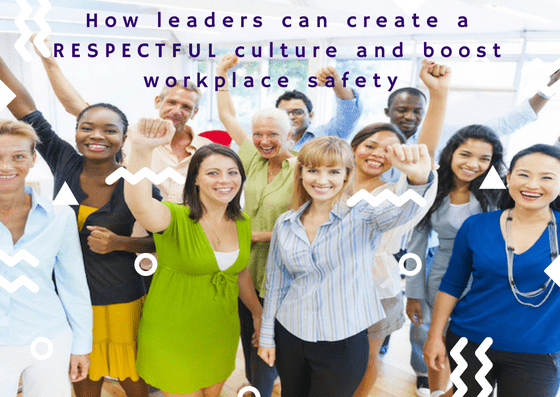
An employer’s’ duty of care to provide a safe workplace free from bullying and harassment is increasingly fraught with challenges. One key challenge has been the massive and on-going work and social changes wrought by mobile hand held technologies. These technologies have changed how humans communicate, interact, and has blurred the lines between people’s workplaces and private lives. This issue is one element explaining why cyber-stalking, cyberbullying and cyber-harassment are escalating problems that can undercut workers’ productivity, safety at work, corporate values and culture.
Workplace bullying and cyberbullying can hugely impact corporate values and culture. Research has found cyberbullying behaviours can remain unnoticed and affect workers’ face-to-face and online conduct, decrease productivity, job satisfaction and wellbeing. Yet ask any employer the key to attracting and retaining high-performing people you are likely to hear the words “values”, “culture” or “brand”. To counteract the impact of negative online and offline conduct, leaders must consistently talk up and model respectful company values.
So, what is workplace culture, why is it so important, how do employers go about creating respectful cultures, and how do you keep it healthy and “alive”? It is important to ask these questions now, given how workplace innovation and productivity can mean the difference between triumphant success, tenacious survival, and abject failure.
We all know examples of bad culture impacting workplace safety. An NHS study indicates a health service potentially riddled with professionals who report being “switched-off” and “disillusioned” arising from the bullying environment. In this context it was particularly encouraging to note Australia’s recent million dollar workplace bullying payout. Reports of this case indicate the ex-government employee received compensation for total and permanent disablement, paid out by a private insurer, and a worker’s compensation payment for past and future earning capacity.

What is workplace culture?
According to researchers, workplace culture is a reflection of the rules and policies governing contemporary society. It represents “a construct denoting the extent to which members share core organizational values” (Vardi & Wiener, 1996, p. 160).
Why is workplace culture important?
Literature consistently depicts culture as an enabler of either beneficial or damaging values, behaviours, attitudes. Depending on how culture is created by workplace leaders, it has the capacity to either increase or decrease corporate productivity and competitive edge (Lieter & Patterson, 2014).
Recognising the difference between good and bad work cultures
Most people withdraw and protect themselves in stressful situations, thereby decreasing their problem solving abilities (Edmonson, 1999). Some indicators of a toxic culture include: a reluctance take responsibility; entrenched factions; low/intermittent productivity; unexplained tension and conflict; rapid staff turnover, escalating recruitment and unexplained absenteeism; presenteeism; rocketing psychological injury claims and insurance premiums. Alternatively, supportive and empowering environments built on mutual trust tend to enhance people’s psychological safety, thereby enabling them to open-up, communicate, share, take risks, and make mistakes that sometimes result in innovative breakthroughs. Simon Sinek is an notable teacher on this topic.
Is it possible to “consciously create” a respectful culture, and to keep it healthy and “alive”?
Unsurprisingly, researchers found the answer to this question is both surprisingly simple, and complex. Simply, workplace leaders and employees co-develop – and own – the principles, values, mission, vision, attitudes, behaviours, policies, frameworks and practices guiding their shared view of a respectful workplace culture. However, as expressed in my Respectful Workplace Cultures Blueprint (www.drflis.com/blueprint), these simple steps require thought, hard work, and consistent effort to embed and animate across the organisation. And, similar to any good relationship, if you take workplace culture for granted it can quickly wither and spoil.
Dr Flis has a BA SSc and a PhD in organisational social psychology and is passionate about helping people who lead and work in organisations create better workplace experiences and improving work cultures. Get free resources and tactics on appropriately dealing with negative online and offline workplace behaviours at www.drflis.com or contact Dr Flis at [email protected] or LinkedIn. You can also follow Dr Flis on her blog Twitter or Facebook.
What makes us susceptible to burnout?
In this episode of the Safety & Health Podcast, ‘Burnout, stress and being human’, Heather Beach is joined by Stacy Thomson to discuss burnout, perfectionism and how to deal with burnout as an individual, as management and as an organisation.
We provide an insight on how to tackle burnout and why mental health is such a taboo subject, particularly in the workplace.



